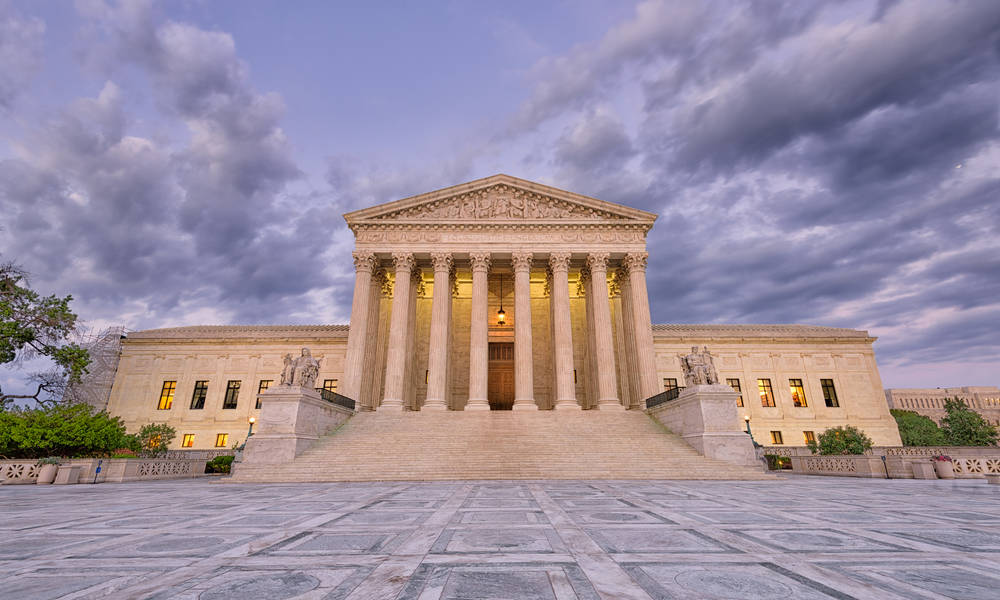
AAAS’ Next Steps After SCOTUS Travel Ban Ruling
Following the Supreme Court’s decision to uphold the White House’s travel ban, the American Association for the Advancement of Science is focused on collaboration and data-gathering.
On June 26, the U.S. Supreme Court ruled that the White House’s ban on travel from seven predominantly Muslim countries was constitutional. The decision was a blow for the American Association for the Advancement of Science, which had vocally opposed the multiple versions of the ban that President Trump has supported.
“We are disappointed that the Supreme Court has decided to uphold the Trump administration’s travel ban,” said AAAS CEO Rush Holt in a statement in response to last week’s ruling [PDF]. “Recent White House statements and visa policies are discouraging many of the best and brightest international students, scholars, and scientists from choosing the United States to study and work. Scientific progress depends on openness, transparency, and the free flow of ideas; these principles have helped the United States to attract and richly benefit from international scientific talent.”
Will we see further boycotts of conferences being held here in the United States?
Since the Trump administration began its efforts to implement a travel ban in early 2017, AAAS had taken the lead in arguing how the travel ban would stifle that flow of scientific ideas. Last fall, it delivered a letter to the White House that was signed by more than 180 fellow scientific associations. And, anecdotally, the travel ban has stifled travel among international scientists: Last year, for instance, the Washington Post reported that a Sudanese electrical engineer would not be able to accept an award at an AAAS conference as the ban made its way through the courts.
With the travel ban now ratified as constitutional, the organization’s new goal is to better quantify the ban’s impact on the scientific community, according to AAAS Director of Government Relations Joanne Padrón Carney.
“The first step is gathering the data,” Carney said. “We are a science organization, after all.”
Conference attendance is one metric that AAAS will look at. Another is the number of student visas for foreign students looking to attend American universities—a number that’s declining, according to a recent report in Nature.
“Will we see further boycotts of conferences being held here in the United States, or just boycotts of individuals choosing not to come to the United States to attend a conference? We’ll monitor that,” Carney said. “We will continue to monitor and gather data on the impacts in terms of applications and admissions at U.S. universities. And then, with that information, we’ll look at our options. Are we able to develop a set of concrete recommendations that we may be able to present to the Department of State or Department of Homeland Security?”
In the meantime, Carney said AAAS intends to keep collaborating with other associations to speak out collectively as the need arises. “We will continue to work with the broader scientific and engineering community and speak with one voice to the extent possible,” she said. “They are very eager to continue to be engaged on this matter. They are not walking away from this.”
(Sean Pavone/iStock/Getty Images Plus)






Comments